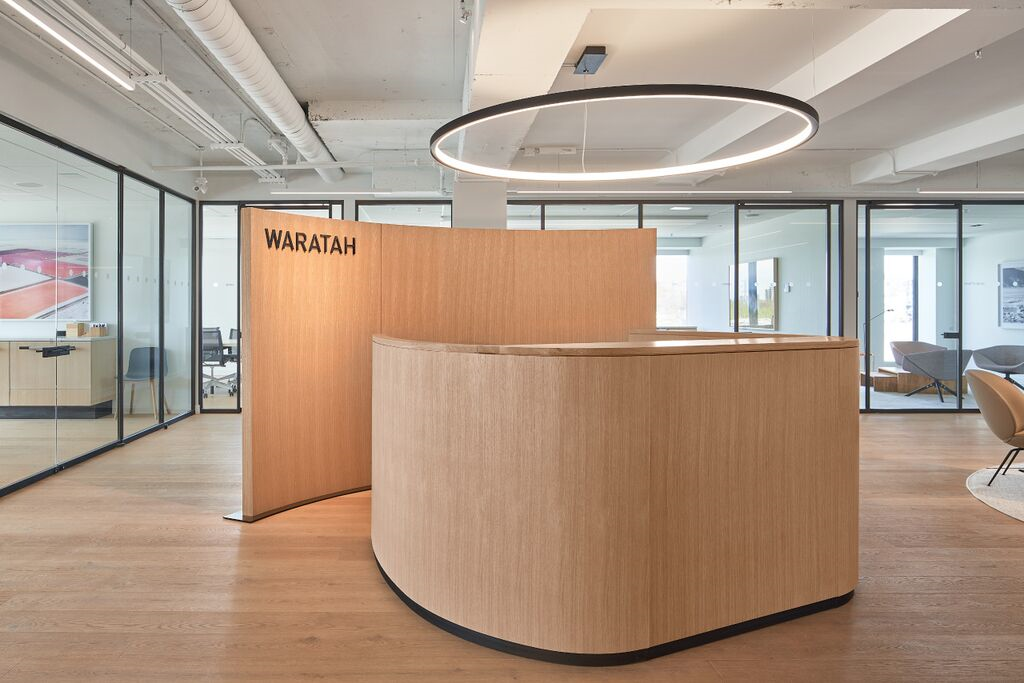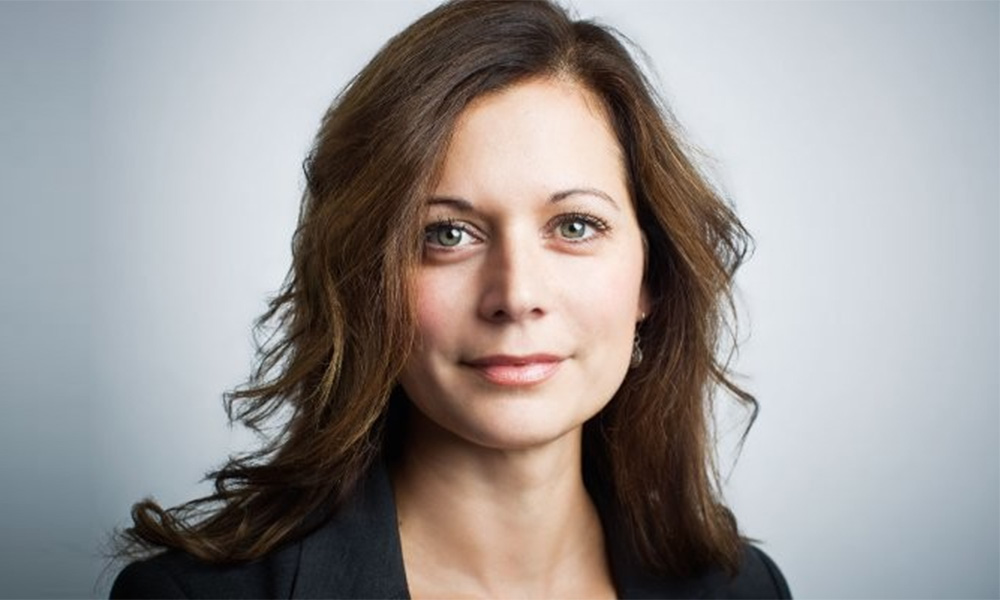Firm celebrates 10th anniversary and tells WP how its strategies protected capital during March meltdown

The Waratah is a plant local to Australia, which serves as a symbol of resiliency for its ability to survive brush fires and grow in inhospitable environments. When Brad Dunkley (CIO), formerly Gluskin Sheff, and Blair Levinsky (CEO), formerly TD Securities, started their own firm, the pair wanted a name to reflect its mandate.
The firm’s philosophy is centered on resiliency, which means protection of capital notwithstanding the extreme circumstances we find ourselves in.
Dunkley was managing long-short strategies at his predecessor firm, which shone during the 2008 Financial Crisis. This laid the foundation for the Waratah approach. Investing his own money and emboldened by a loyal following, institutional money arrived relatively quickly and the firm went from strength to strength.
This year, Waratah Capital Advisors celebrates its 10th anniversary and Jessica Clark Barrow, Executive Vice President and Client Team Lead, told WP that never has its name resonated so much as in the March drawdown.
“This year has been an excellent test of our strategy, and clients are very happy that we did exactly what we said we would do in a drawdown, which is to protect their capital.”
An “authentic” hedge fund, Waratah’s clients are 40% institutional, 30% high-net-worth and 30% retail. Clark Barrow said that the two co-founders are publicity shy but that, after a decade in business and a year in which all their hedge funds are positive, it’s time for the $2 billion firm to spread its message.
March was a real test to see who had that low correlation to the market and who did what they said they were going to do. After a 10-year bull market, investors have had some shocks. The market has roared back but we are the brink of a second wave of the coronavirus, with a real disconnect between stocks and the economy. Investors still want a decent return, so what do you do from here?
Clark Barrow said: “If you're looking for somebody who can do something different, and offer something unique to a portfolio, that's where a firm like Waratah comes in. We're not looking to hit the highs; we just want to stay away from the lows and over time we want to compound.”
She added: “We often like to tell clients to look for ballast in their portfolio. You’re buying an ETF and you're getting your beta cheap. With alternatives, you want to get something that has low correlation to the other stuff you have going on. We’re a differentiated slice doing something very different than most investment managers.”

Waratah has market neutral and long-short funds, and exposure to the private equity space. It also has a niche real estate fund and a lithium royalty fund, which capitalizes on battery technology and, specifically, the switch to battery technology in the auto industry.
Clark Barrow said that, with bonds returning very little, there is a tangible sense of investors looking for a strategy to protect them from what could be a turbulent W-shaped recovery. There was a sense of shock after the March meltdown from investors who did not think their portfolio could go down that much. And while the market rallied back quickly, she believes many investors see choppy waters ahead.
By changing the 60-40 strategy and adding a 30% alternative portion – a 40-30-30, for example – investors are reinforcing their portfolio and mimicking what the most sophisticated money managers have been doing for a long time. Clark Barrow believes this is the portfolio of the future.
She said: “It could be infrastructure, it could be real estate, it could be an absolute return hedge fund … there's lots of things that could be part of that 30%. But that is a bucket that adds ballast to a portfolio and is uncorrelated to what's happening in the market.”
She added: “In Canada, we're globally known as having some of the most sophisticated investors in the world - Ontario Teachers, CPP, IMCO and OMERS. Every Canadian in their retirement pension already owns alternatives. Alternative investing or adding a sleeve of alternative investments is really just mimicking what institutional clients have long been doing in upper echelons of alternative investing.”
The key for retail investors is to understand the risk they are undertaking. What is the worst month that investment has had? How many negative years has the manager had and how long did it take them to recover the losses? What is its liquidity?
She said: “Our whole philosophy is if we don't get into a big hole, we don't need to spend time earning back those losses and we can go back to making money. It’s about creating a very smooth journey and it’s hard to do – that’s why this drawdown will really separate the managers who can actually do what they said they would do.”
Liquid alts typically offer daily liquidity, but Waratah offers weekly liquidity and a daily nav. The firm didn’t feel like daily liquidity was a good match for the underlying security. For example, if you're investing in a number of things, you might not be able to get out of them every day because it takes a couple of days to trade them out.
For Waratah, this is just another piece in their mandate, which is to protect client capital.
Clark Barrow said: “People are going to look back on 2020 and say, ‘well, what did the manager do?’. This drawdown is the new 2008 barometer.
“Coming into the fall, we have the election in the U.S. and a big disconnect between the markets and the real economy. At Waratah, we have more tools in the toolbox and we're positioned quite conservatively so if the markets took another dip down, we'd be well positioned. We're feeling really good about that. The challenge now is not to take too much risk, while still achieving a decent return.”



